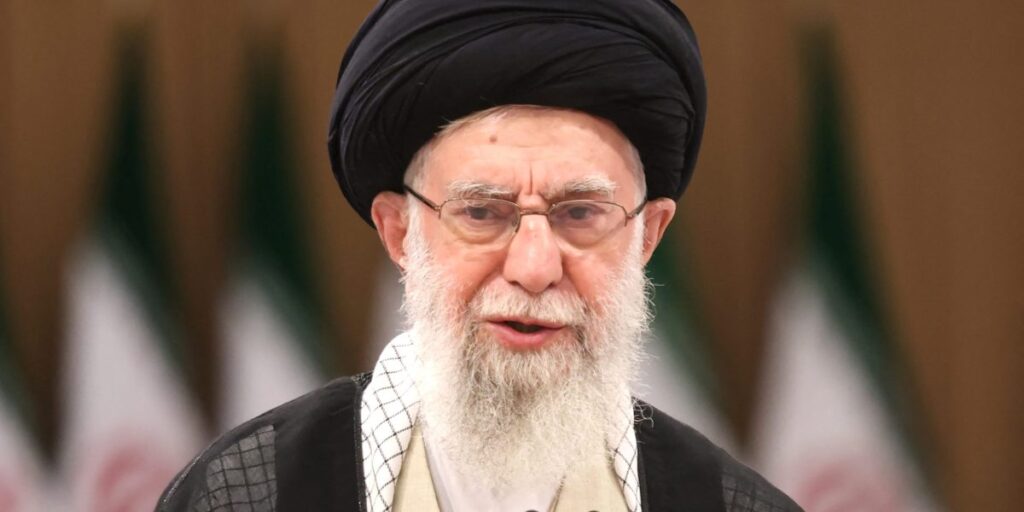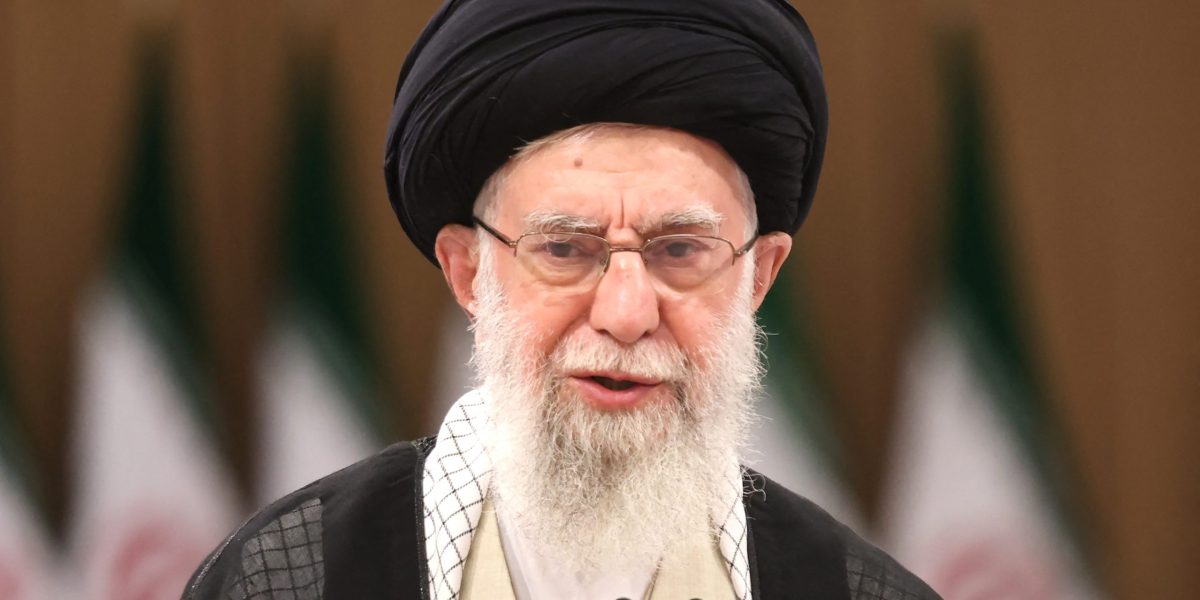Oil price surges after assassination of Hamas leader in Iran, sparking new fear of war and inflation
‘It may get Netanyahu the war he’s been looking for,’ warns foreign policy expert Trita Parsi.


The assassination of Hamas leader Ismail Haniyeh sent the price of oil higher on Wednesday over worries in the market that Israel’s war on the terrorist group in Gaza might spill over to the broader region.
Middle East experts fear the attack, carried out on Iranian soil while Haniyeh was a guest of the regime, would leave Tehran’s aging leader Ali Khamenei with little choice but to retaliate. It comes hours after an Israeli strike targeted a Hezbollah commander, another Iran-backed terror group believed behind the recent bombing of Druze children in the Golan Heights.
Brent crude, the global benchmark, rallied as Khamenei threatened Israel with “severe punishment” after violating its borders: “It is our duty to take revenge”.
Futures prices for the front-month contract on London’s ICE exchange surged nearly 3% to $80.81 per barrel, shaking off recent bearish sentiment over weak demand from China, the world’s second-largest economy. The next catalyst is due later today when the Energy Information Administration releases its weekly inventory report of U.S. petroleum reserves.
Following this bitter, tragic event which has taken place within the borders of the Islamic Republic, it is our duty to take revenge.
— Khamenei.ir (@khamenei_ir) July 31, 2024
The Strait of Hormuz straddling Iran on one side and Oman on the other is the “world’s most important oil chokepoint,” connecting the Persian Gulf with the key maritime shipping routes, according to the EIA.
Strait of Hormuz
Roughly a fifth of global demand passes through the Strait every day, and analysts at ING warned risks emanating from the region could easily affect economic activity throughout the world via logistics delays and rising insurance premiums for seafaring cargo.
“If the Strait of Hormuz is in any way disrupted, the impact on oil and global trade could be huge,” ING said. Should rising petroleum prices cause gasoline to spike once more, inflationary pressures could delay rate cuts from the U.S. Fed and conceivably become an election issue in November.
Much of the oil navigating the Strait is pumped by Aramco, the $1.8 trillion exchange-listed energy giant controlled by Saudi Arabia. Iran is Saudi’s chief adversary in the region and the pair only recently restored diplomatic relations.
The kingdom could be dragged into the conflict, a key risk since it is the only OPEC+ country that can easily respond to supply shocks.
A few thoughts on Haniyeh’s assassination.
No confirmation yet if it was Israel that killed Haniyeh and if it was through an airstrike. But if it was, the assassination provides Netanyahu several benefits beyond the obvious goal to take out Haniyeh in response to Oct 7:
1. It… pic.twitter.com/aIVzRTFRbq
— Trita Parsi (@tparsi) July 31, 2024
“Two assassinations, one in Beirut and one in Tehran, kill chances for a ceasefire in Gaza and instead push the Middle East closer to a catastrophic regional war,” wrote Vali Nasr, ex-State Department official and former dean of the Johns Hopkins SAIS school, “all in the vacuum of a lame duck government in the US.”
Oil production capped by OPEC+ cartel
Currently, Saudi Arabia is capping production at just 9 million barrels per day, a level expected to remain through September as part of a cartel-wide agreement reached last month. In a pinch, however, it can quickly pump out 12 million barrels of its light, sweet crude prized for its low level of impurities.
The next OPEC+ meeting won’t be held until early December.
Whether the Gaza war will still be raging by then, more than a full year after the attack of October 7th, is unclear now that the political leader of Hamas has been assassinated. Prior to the next scheduled OPEC+ decision on production levels, the U.S. will also elect its next President as well, and Israel’s conflict has become a wedge issue between the two parties.
Meanwhile, experts believe Israel’s unpopular prime minister, Benjamin Netanyahu, has been actively blocking a ceasefire deal with the terror group that would return the remaining hostages in order to cling on to power.
Trita Parsi, executive vice president with the Quincy Institute foreign policy think tank, said the assassination of Haniyeh in Iran would scuttle progress to de-escalate tensions and potentially suck the U.S. and its allies like Saudi Arabia into a broader conflagration.
“It may get Netanyahu the war he’s been looking for,” he wrote.





